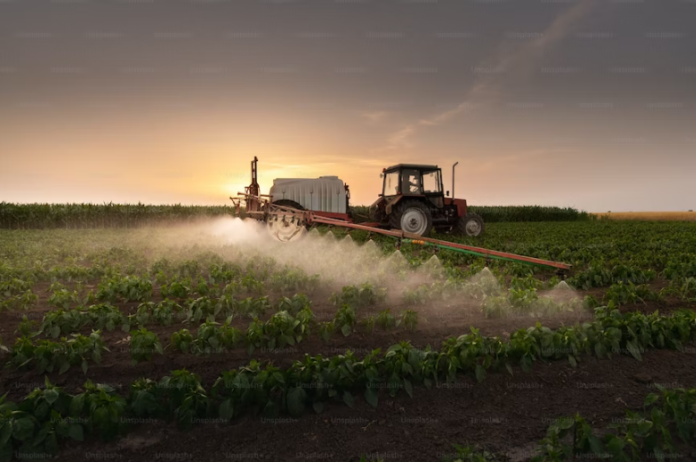Keeping your yard and landscaping beautiful is essential for your property value. But weeds can ruin the appearance of your lawn and create dangerous conditions for your lake.
There are a few options for eliminating aquatic weeds in lakes and ponds. The best choice is an underwater weed cutter that removes the entire plant and prevents regrowth.
Weed treatment for any body of water requires specialized training and state licensure. Experts have the training and licensure to treat lakes, ponds, and private wetland areas.
Preventing seed production is a key component to keeping your lake weed-free year-round. Cutting weeds regularly is also crucial to maintain a healthy lakeshore.
Professionalism
Weed removal with an underwater weed cutter is not only a practical way to get rid of annoying lake weeds but also helps to keep your lake healthy and prevents the spread of invasive aquatic species. It is essential to know which weeds you are dealing with, as some have state restrictions and require permits for their removal. It is also important to note that cutting the weeds only removes the surface part of the plant and allows it to regrow, so the root system needs to be killed and removed as well.
Aquatic weed control requires specialized training and state licensure, so finding a licensed company for treating lakes and ponds is essential. Professional weed controller is licensed to provide aquatic weed treatment to homeowners and commercial properties. They are dedicated to keeping lakes, ponds, and other water features clean, healthy, and beautiful.
Experience
Weed control for lakes, ponds, and waterways requires specialized training and state licensure. Whether you’re dealing with a small lake in your backyard or a large canal or retention pond for an HOA, weed control for lakes Florida experts have the experience to keep any lake, pond, and wetland healthy and beautiful.
A good weed control company should utilize multiple tactics for the best results. While cutting weeds may remove the visible portion of the plant, it often leaves a root system behind that will regrow. A better solution is to pull the weeds by the roots, eliminating the need for repeated cutting or mowing and allowing the soil underneath to thrive.
A proactive approach to managing aquatic weeds is usually more cost-effective and environmentally friendly than reactive management techniques. It relies on holistic solutions such as aeration, biological bacteria, mechanical muck, and weed removal. This ensures that the lake or pond is free from unwanted weeds year-round.
Reputation
We all want to enjoy our waterfront properties during the summer, but aquatic weeds can inhibit our enjoyment by becoming a safety hazard. In addition, they can hamper recreational activities such as boating, fishing, and swimming. Weeds can also increase the nutrient levels in your water and promote harmful algal blooms.
Lake weed cutters pull, kill and remove aquatic weeds by the root system. This is considered a superior method of lake weed control over cutting, as it eliminates regrowth and prevents the spread of the weeds to other areas.
Insurance
Weed treatment for lakes and other aquatic habitats requires specialized training and state licensure. In addition, many considerations must be considered to properly treat weeds and algae in your lake, pond, or other water feature. The weed control professionals have the necessary licensure to manage unwanted vegetation in any wetland habitat. Professionals are licensed to provide safe and effective treatment, whether it’s a backyard pond, detention pond, or wetlands at your HOA or commercial property.
If you love to spend time on the lakeshore and enjoy the summer sun, unwanted weeds can quickly make swimming or boat difficult or even dangerous. An experienced weed cutter can eliminate these nuisance weeds and allow you to enjoy your lakeshore all season long fully. In addition, by removing weeds, you can prevent them from spreading and harming native fish, plants, and wildlife.










